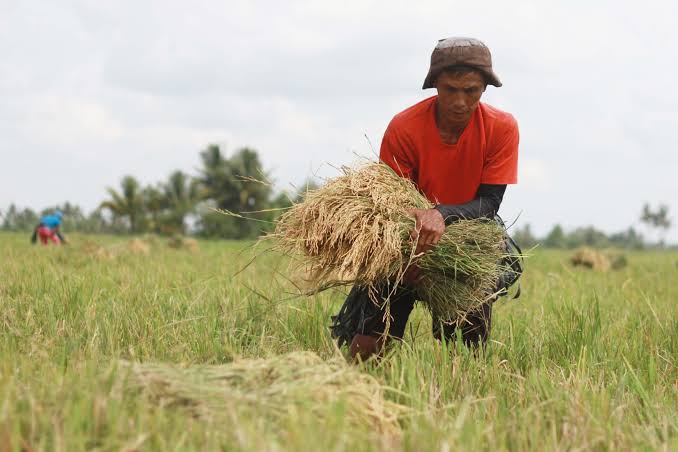Gov't should address profiteering, not 'manipulate' rice law – farmers' groups
By Jel Santos

The government should crack down on profiteering in the rice supply chain rather than “manipulate” laws to justify releasing National Food Authority (NFA) stocks, farmers’ groups said on Saturday, Jan. 18.
Raul Montemayor, the national manager of the Federation of Free Farmers (FFF), said there is no national food security emergency for rice, noting that there is no supply shortage or calamity, harvests will resume in March, and prices, though still high, are gradually decreasing.
“What we have is a failure of the government agencies to run after and discipline profiteering importers, wholesalers, and retailers,” Montemayor said.
The National Price Coordinating Council (NPCC), he said, has yet to establish the formula mandated under Republic Act No. 12708, the Revised Agricultural Tariffication Act, to determine whether a rice shortage or extraordinary price increase exists.
“Has such a formula been devised? If so, why only now when the price spike started way earlier in the latter part of 2023 and peaked in early 2024?” he asked.
The NFA is reportedly considering releasing 500,000 bags of rice, equivalent to about 25,000 metric tons or two-thirds of the country’s daily rice consumption. However, Montemayor said the move would have minimal impact on market prices, even if concentrated in Metro Manila and its nearby areas.
Kilusang Magbubukid ng Pilipinas (KMP) Chairperson Danilo Ramos echoed this concern, urging the government to focus on long-term solutions rather than short-term fixes.
“With or without any declaration of a national food security emergency, the government and the DA further cement the Philippines’ dependence on foreign rice instead of bolstering local rice production and granting immediate relief for consumers,” Ramos said.
The KMP proposed increasing farmgate prices for locally produced palay (unmilled rice), strengthening post-harvest facilities, and exacting punitive measures against unscrupulous rice traders, importers, and hoarders.
“To the DA and Malacañang, enough with the band-aid solutions. The government must overhaul its failed agricultural policies and put Filipino farmers, consumers, and productive sectors at the center of its economic agenda,” Ramos added.
Montemayor also warned of potential losses and unintended consequences if the NFA sells rice to local government units (LGUs) at lower prices. Selling rice at ₱36 per kilo, he explained, would result in a ₱150-million loss for the agency, while selling at ₱32 per kilo would incur a ₱250-million loss.
The FFF and KMP underscored the need to repeal the Rice Liberalization Law, which they said has exacerbated the struggles of Filipino farmers and consumers. Ramos said the law has worsened the country’s dependence on rice imports and displaced local farmers, leaving them unable to compete.